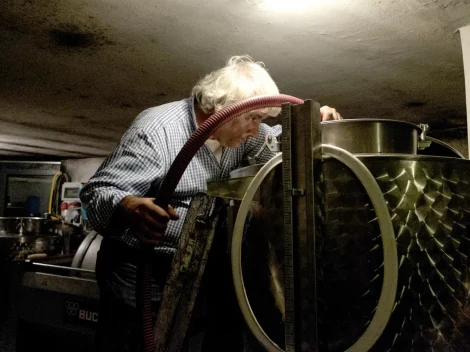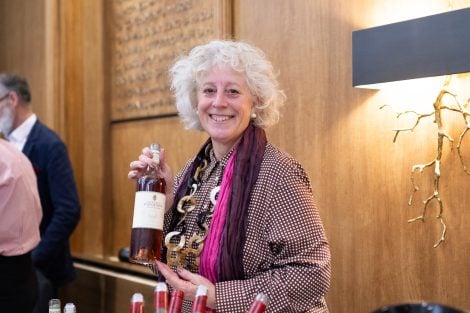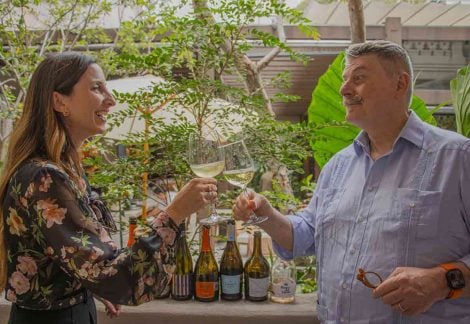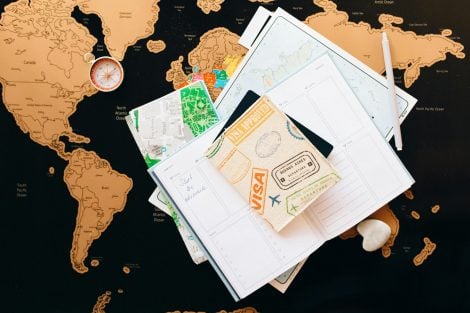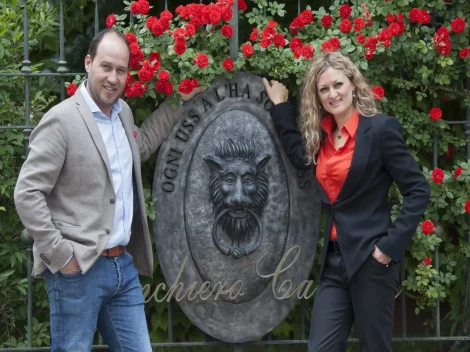by Francesca Ciancio
Over the decades, Italian botanical gardens have served as green lungs and experimental sites for non-native botanical species, fostering the dream of self-sufficiency in certain food products. In the north, tea plants were tried, while in the south, coffee was the focus. Specifically, in the early 20th century, Palermo's Botanical Garden attempted to cultivate Coffea arabica plants. However, the harsh winters of the past, which were indeed cold even in Palermo, took their toll. Only a few plants survived, still standing tall at three meters in the historic Serra Carolina. Thirty years ago, some drupe (coffee fruits containing the beans) from these "survivors" ended up in the gardens of the Palermo-based Morettino company, a Sicilian roastery founded in 1920. The then-owner Arturo, a friend of the director of the Botanical Garden, aimed to continue the experiments started by the institution, but this time in open fields. Andrea, Arturo's son and current president of Morettino, continues the legacy by planting coffee seeds in the Botanical Garden in collaboration with the University of Palermo. "The aim is not commercial but scientific," explains Andrea Morettino, "and it has great historical value as we continue the knowledge work started more than 120 years ago by the Botanical Garden." The experimental field covers about 300 square meters and hosts 25 Coffea arabica plants of different ages and varieties (Heirloom, Caturra, Pacamara, Catuai, Red Bourbon, Yellow Bourbon).
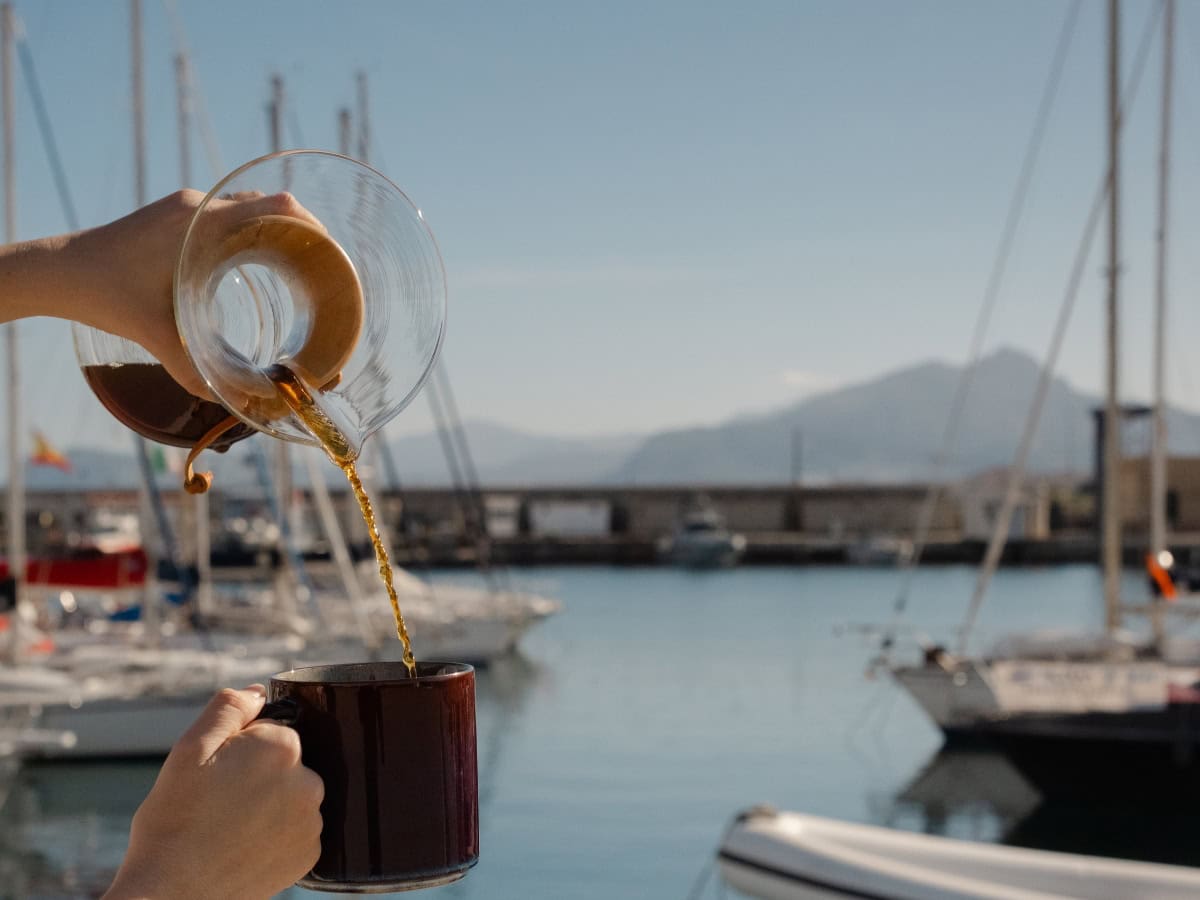
Sicilian coffee
A cup of 100% Sicilian coffee already exists and evokes the scent of orange blossom. It is produced by Morettino and is the only European coffee, the northernmost one compared to traditional Coffee Belt zones. The third generation of the company, with Andrea representing the fourth, began to believe in its potential after a trip to Guatemala, planting seeds in various areas of Palermo, adding plots in Messina, and even in Ragusa. "The first significant harvests – about thirty kilograms – coincided with more evident climate changes, especially the intense heat. This happened three years ago, coinciding with our centenary, which seemed like a sign." The summer of 2021 also set a record in Sicily with the highest temperature in Europe, +48.8°C in Syracuse. This initial production wasn't sold but was given to expert panels who found jasmine and orange blossom notes in these quality arabica cups, reminiscent of Sicilian springs and summers. Some have offered up to a thousand euros for a kilo of the product, the entrepreneur recounts. The quantity has gradually increased: 50 kilos in 2023 and an estimated hundred kilos for this year, with the harvest just beginning: "We start in May and go on until September," Morettino clarifies, "and another phenomenon linked to climate change is the continuous cycle of the plant, with flowering and fruiting alternating rapidly, varying by variety and how they react to different terroirs."
Coffee, citrus, and tropical fruits
Coffea arabica needs heat but also water, which is scarce on the island. Hence, the experimental approach to Sicilian coffee involves scientific research involving the Faculty of Agriculture at the University of Palermo, the Botanical Garden part of the university's museum system, and the Sicilian company Irritec, specializing in precision irrigation. "The other approach," Andrea continues, "is intercropping to increase biodiversity. We have given drupe to other agricultural companies in Palermo, which in return gave us seeds of papaya, mango, and avocado to cultivate on our land. The same is happening in the Botanical Garden, where coffee plants grow alongside rare and historic citrus fruits. It will be interesting to evaluate their organoleptic consequences." This Sicily, resembling the tropics more than the Mediterranean, attempts exotic cultivations to counter calamities – drought, heavy rains, humidity – which bring pests and fungi, turning necessity into virtue. This topic will be discussed and tasted at the Palermo Coffee Festival on June 1st, an event conceived by Morettino at the Botanical Garden, this year focusing on this "unusual Sicily."
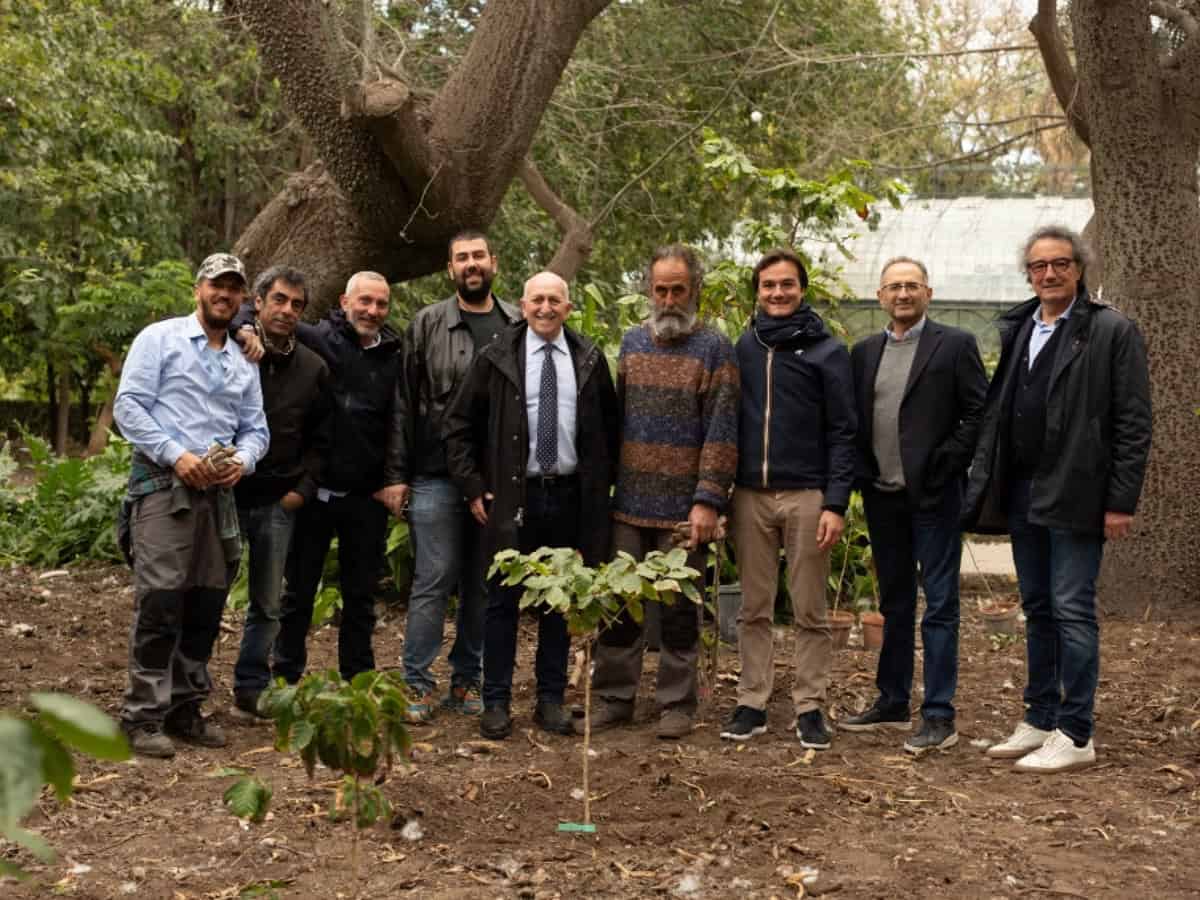
Making Sicilian coffee a specialty coffee
After more than a century, it is still an experimental venture, but Andrea Morettino aims to commercialize this native Sicilian coffee: "The dream is to make it a specialty coffee, but we are also working on a PGI label. Meanwhile, we were the first to launch a specialty blend in Italy and, with the upcoming opening of a coffee shop in a historic building at Quattro Canti (in the historic center), we aim to enhance coffee culture in Palermo." The dissemination work began at the port area with the Morettino Coffee Lab, Palermo's first specialty coffee shop where coffee is the focus, but food also matters, especially in the brunch format – very popular in advanced coffee shops – mixology, using the exotic drink in cocktails, and coffee experiences intersecting with wine and olive oil industries.
The ethical price of coffee amid speculation and solidarity
Dealing with coffee means grappling with the social sustainability of its cultivation and the rising costs faced by importers and roasters. Adverse weather conditions in Brazil, climate changes reducing production, the unfavorable euro/dollar exchange rate, and logistical complications – such as naval blockages in the Red Sea – have given coffee a particularly bitter taste: "In the last two years," Morettino notes, "we have seen unprecedented speculation, with prices over 300 percent higher. We are a small business working on demand, so it's impossible to stock up. That's why we focus on dissemination and quality. At the same time, we also carry out ethical projects, such as Rwanda Café de Mama, our best-selling specialty. It is based on a plantation run by Rwandan women, organized in the Nova Coffee Coop. For all these reasons, a good cup of Italian espresso, a blend of robusta and arabica, should not cost less than 1 euro 50 cents. If it's all arabica, not less than 2 euros 50."

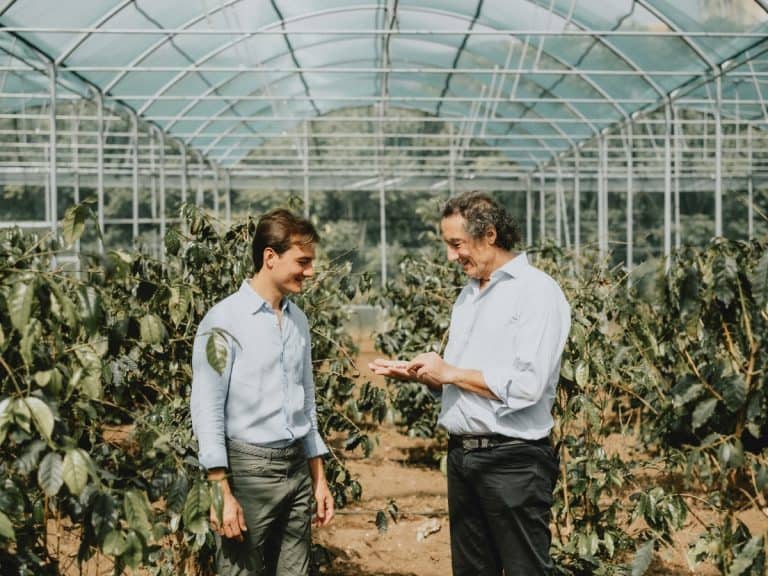
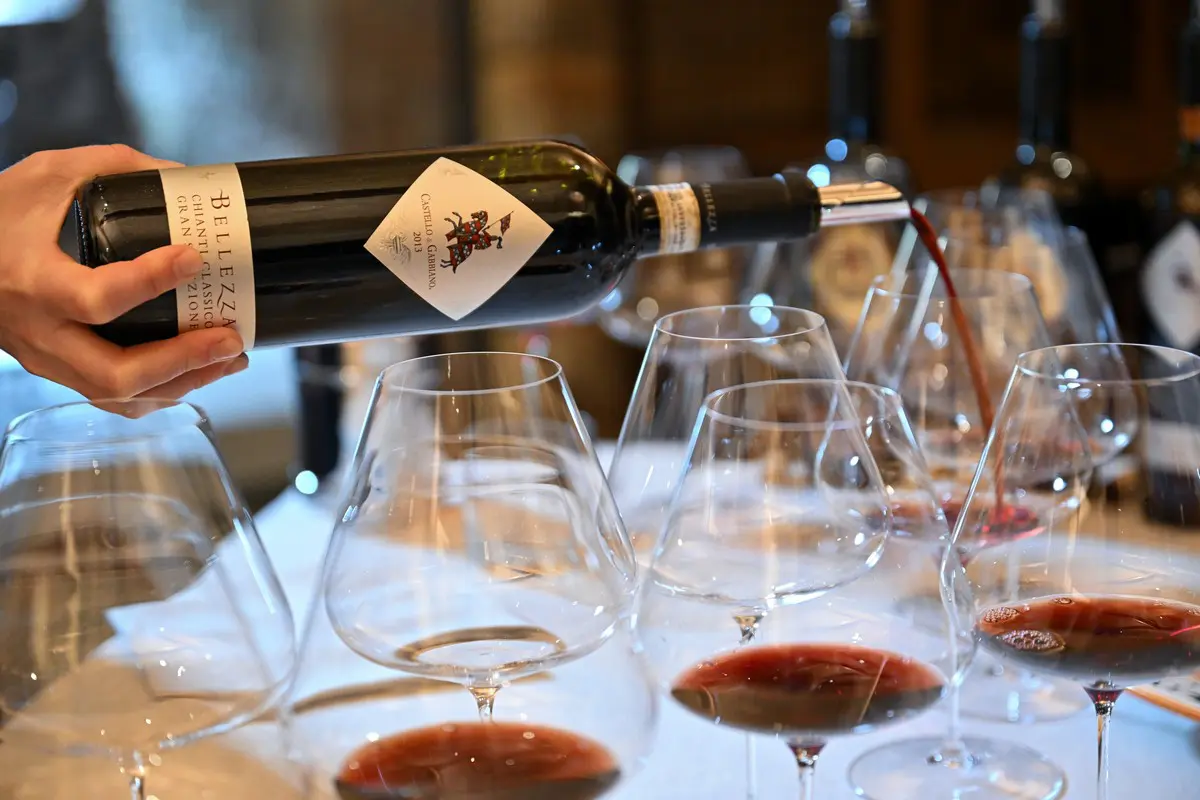 Castello di Gabbiano, a vertical tasting of 10 vintages of Chianti Classico Gran Selezione Bellezza
Castello di Gabbiano, a vertical tasting of 10 vintages of Chianti Classico Gran Selezione Bellezza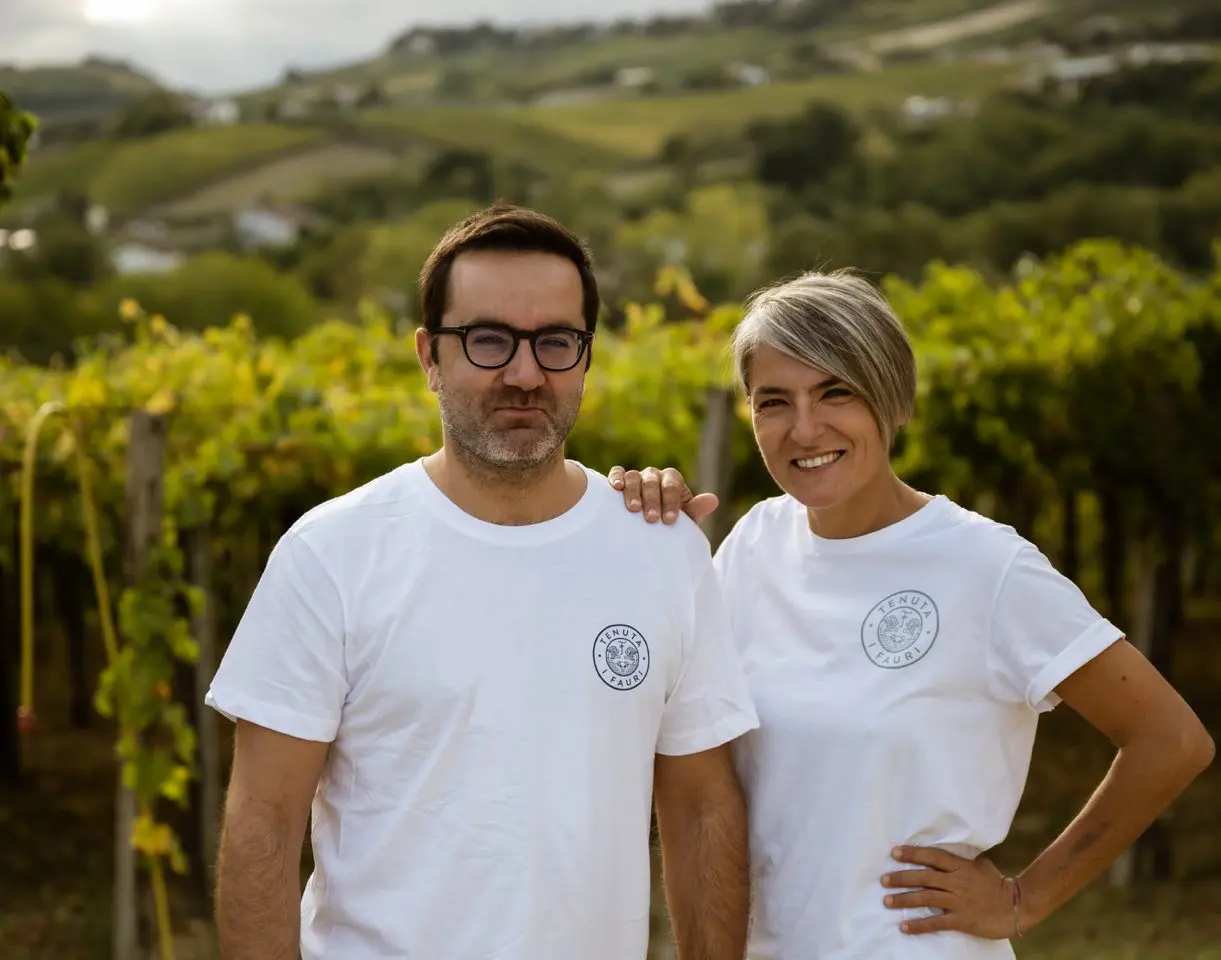 The Abruzzese family that bet everything on Cerasuolo (and won)
The Abruzzese family that bet everything on Cerasuolo (and won)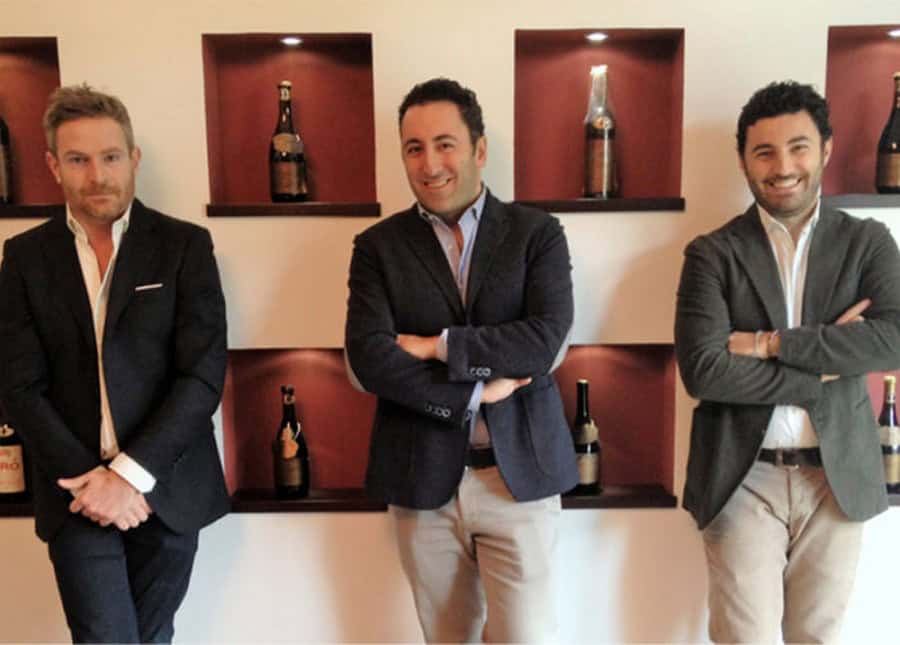 The unexpected white wine that tells the story of Calabria without raising its voice
The unexpected white wine that tells the story of Calabria without raising its voice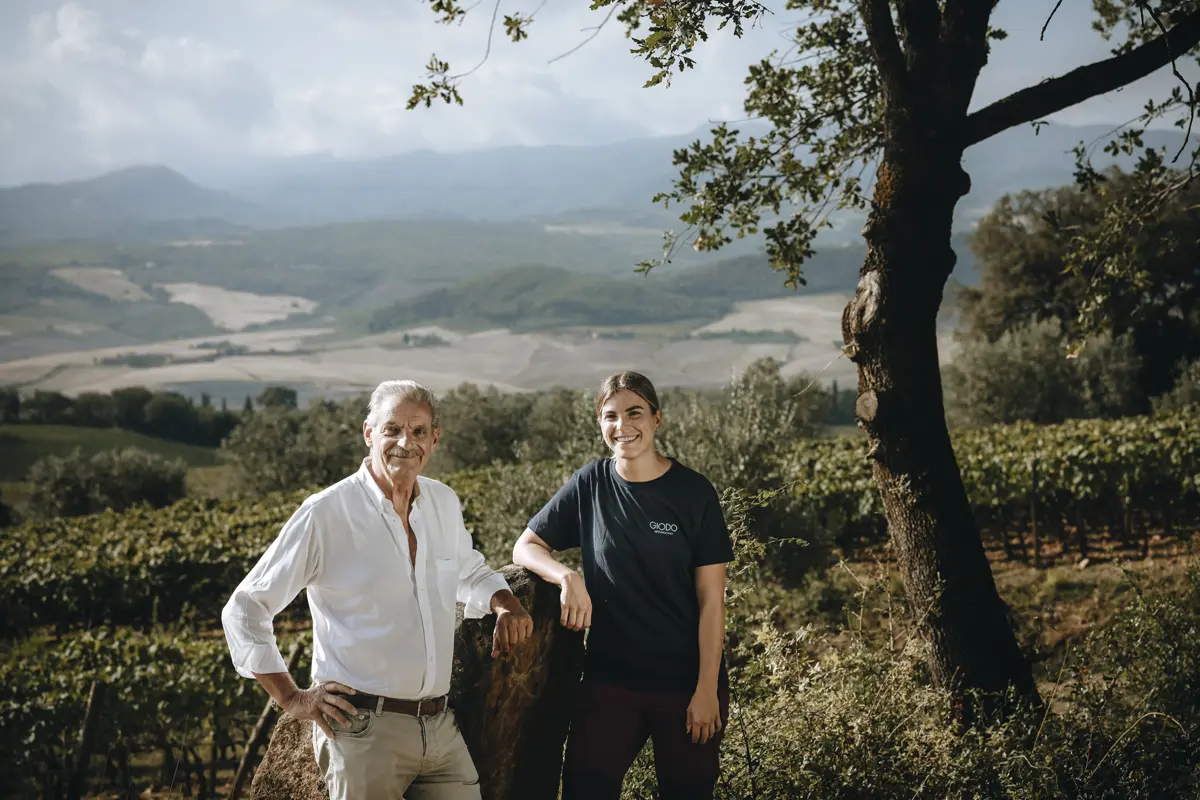 The family Brunello that conquers Montalcino. Here’s the winery awarded for its outstanding red wine
The family Brunello that conquers Montalcino. Here’s the winery awarded for its outstanding red wine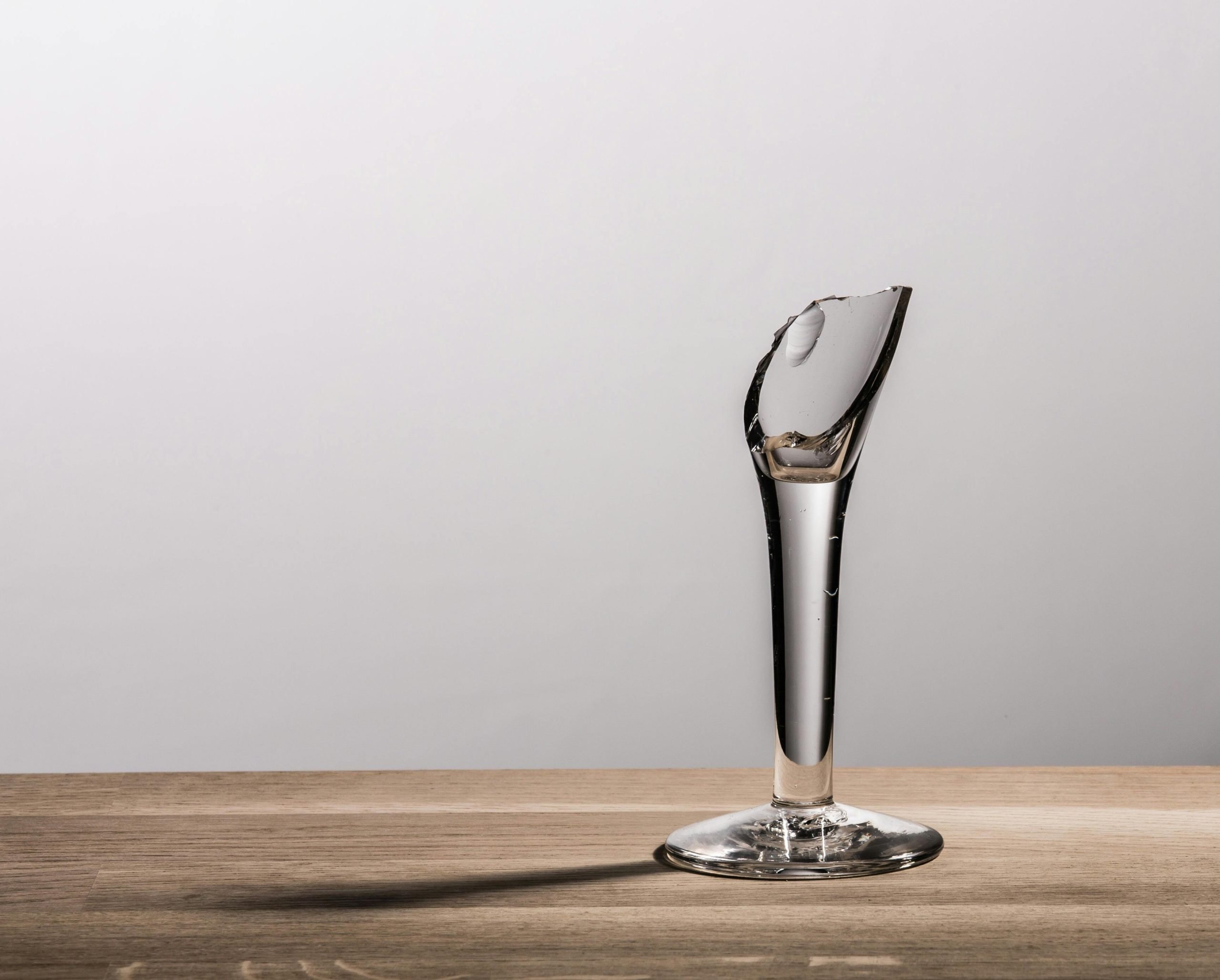 Eric Asimov outlines how the wine industry can save itself
Eric Asimov outlines how the wine industry can save itself